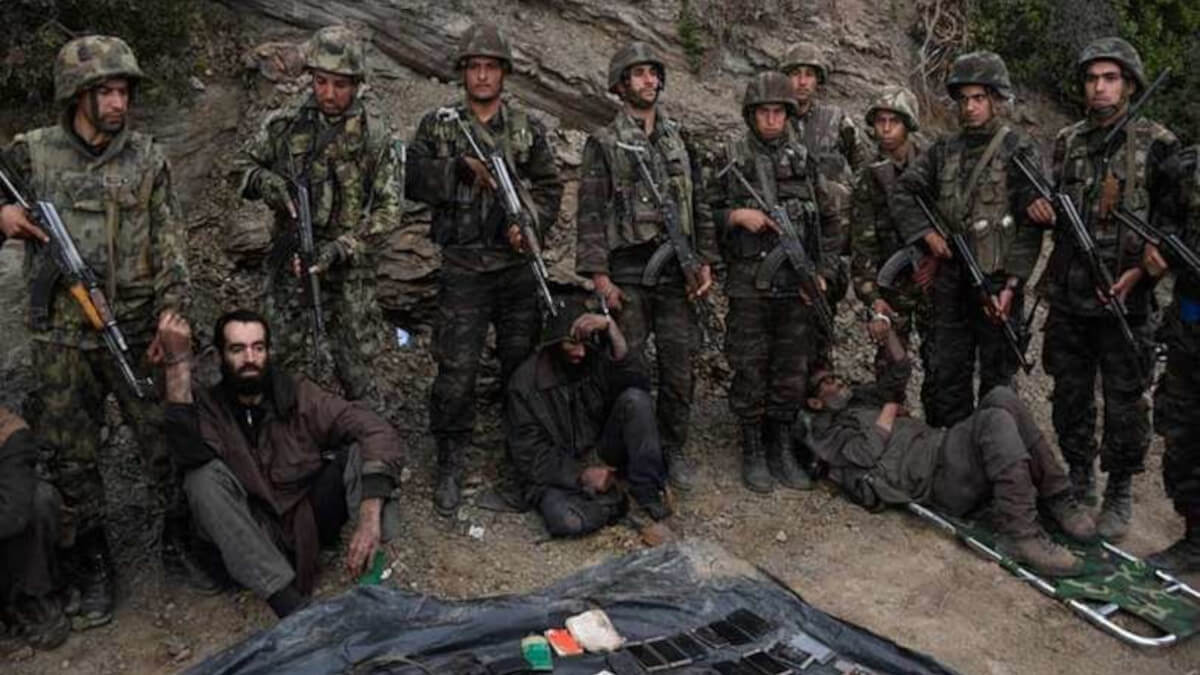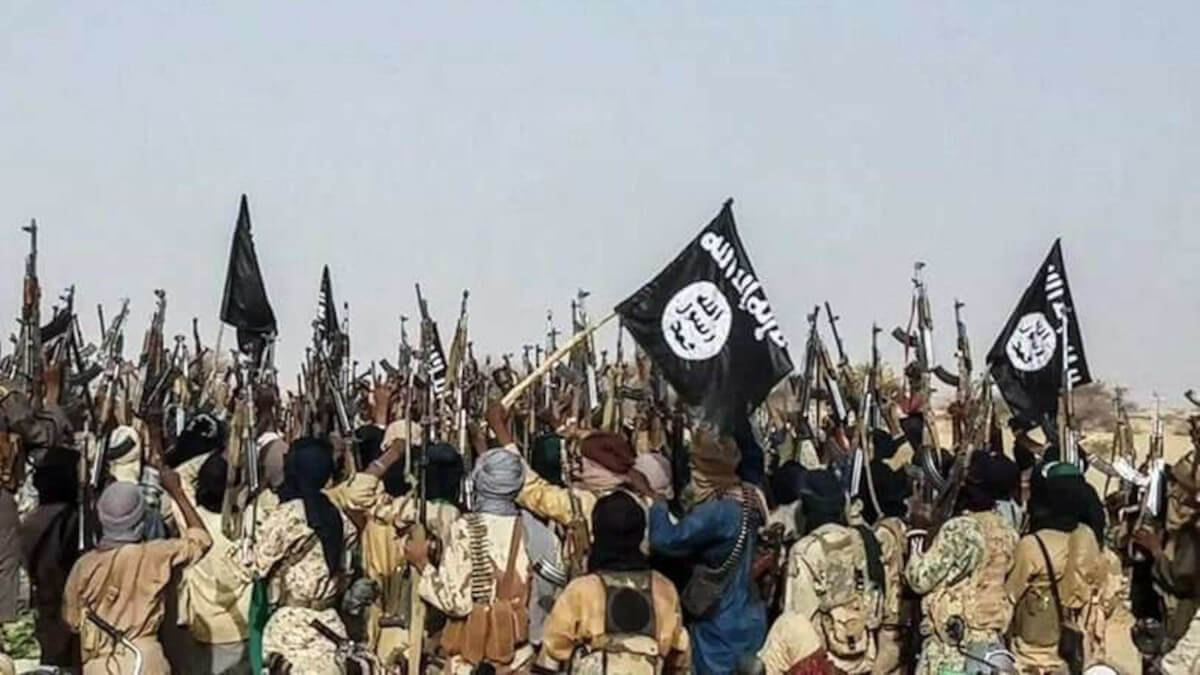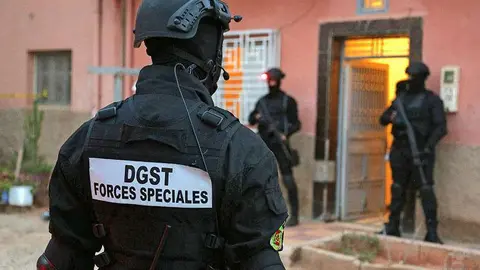The African Union and the challenge of the fight against terrorism

"No age, culture, religion, nationality or region is immune to terrorism, but the situation in Africa is particularly worrying". The words of UN Secretary-General Antonio Guterres usually open great debates, but those pronounced just a month ago before the Security Council are the prologue to a multifaceted conflict that takes centre stage on the 60th anniversary of the African Union: terrorism.
While many countries have fought terrorism within their borders, these organisations remain very active in regions such as the Sahel and the Horn of Africa, dragging down the attempts of other communities. "The trail of terror is increasingly flowing between regions and across the continent, with new alliances being forged with organised crime and piracy groups," Guterres said.
Despair, poverty, hunger, lack of basic services, unemployment and institutional changes are fertile ground for terrorism. These are key issues for African countries to address. Morocco and Algeria already have a track record in their troubled "backyard".

Tebboune and Algeria's engagement
Abdelmadjid Tebboune has a dual role in the fight against terrorism in Africa. In addition to trying to eradicate it at home, he has to translate it in supranational terms through his position as the African Union's coordinator on preventing and combating terrorism and violent extremism.
At the 36th summit of the organisation, the Algerian president focused on the need for "Algeria to continue in the same spirit its efforts to support its neighbours and African countries in their fight against terrorism and violent extremism, guided by its experience". Algeria has much to contribute in its fight against Islamic fundamentalism.
The so-called "black decade" that bled the country in a civil war in 1990 ended with the elimination of the Salafist Group for Preaching and Combat (GSPC), the Algerian terrorist germ that soon became al-Qaeda in the Islamic Maghreb (AQIM). The ghost that, if it was eradicated then, is still active today in the Sahel. Decades of confrontation have resulted in a significant decline in terrorism in recent years. The Algerian authorities say they are determined to wipe out the "last remnants of armed criminal groups" in the country.

Domestic politics aside, Algeria's role in the geopolitical framework completely changed the rules of Islamic fundamentalism in the Sahel and North Africa. Its mediation in the Algiers Agreements in 2015 was decisive for a ceasefire in Mali between the government and the Coordination of the Azawad Movements. This was the first stepping stone for the North African country's determination to join the African Union.
But the years are passing and the fight against terrorism must take on a new hue. At least this is how Tebboune put it, naming the need to "develop a new plan of action for the AU in the area of counter-terrorism, the activation of the African Counter-Terrorism Fund, the establishment of an African list of individuals, groups and entities involved in terrorist acts, including foreign terrorist fighters, as well as the implementation of the African arrest warrant".
Joint decisions to address the terrorist threat and its consequences in the region. A complementary role already challenged by Morocco as a neighbour in the Maghreb.
"Terrorism divides peoples, fighting it can unite countries"
For years, Rabat has focused on protecting its borders from the terrorist threat and contributing to the same purpose in the Sahel. This was the message conveyed by Moroccan Foreign Minister Nasser Bourita at the 21st meeting of the Coordination Committee of the Global Counterterrorism Forum (GCTF) in Cairo.
At the meeting, Bourita stressed the importance of education as the most powerful tool to prevent and counter radicalism and violent extremism, as well as extremist ideologies. An instrument to "challenge extremist narratives and ideologies" and promote peace.
What remains now is the commitment of all countries in the same direction. The gesture of a symbolic commemoration of the African Union's 60 years of activity.









